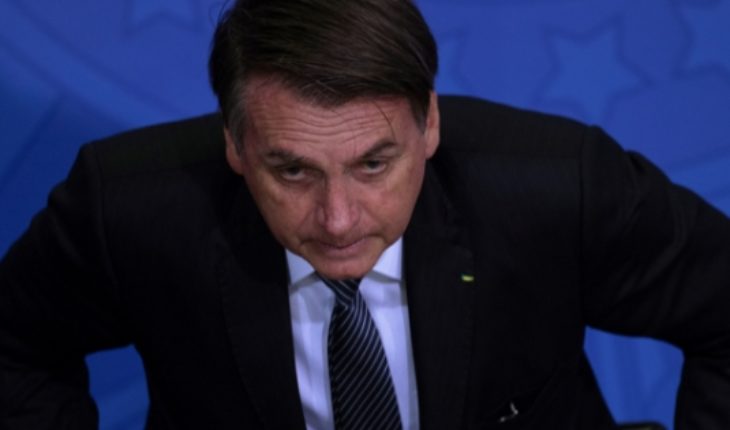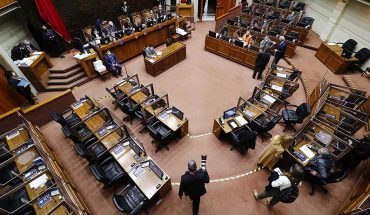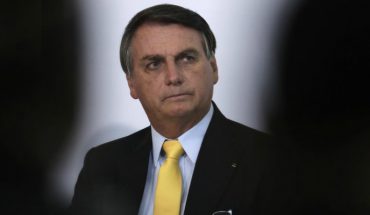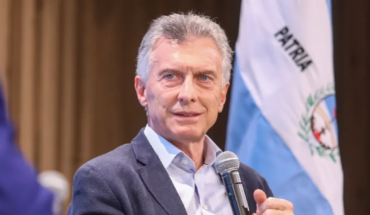Next week’s shortened speech by Brazilian President Jair Bolsonaro at the United Nations General Assembly in New York will capture every eye, especially in the wake of the disaster caused by the Amazon and the environmental policy of the controversial representative.
While his spokesman Otavio Rego Barros noted that Bolsonaro “is pouring his heart into his speech to present the potential of our country, as well as to clarify all these issues related to Brazil and the environment”, skepticism and criticism is about what which will be the performance of the military retreat.
One of the voices that is attentive to the footsteps of Bolsonaro is José Sarney Filho, twice Minister of Environment during the governments of Fernando Henrique Cardoso (between 1995 and 2002) and Michel Temer (between 2016 and 2018), who admitted to Emol his concern because “I see a pe international renception that – in some way Bolsonaro began to create – that Brazil is destroying the Amazon biome.”
At the same time, he warns that on the side of the Brazilian government there is “an aggressive, disputed speech, which is not the right one and is not the vision that the rest of us have of the climate emergency”, an idea that the Brazilian delegation could also bring to Chile during the next COP of December.
The signals of Bolsonaro
Regarding the crisis unleashed with the mega fires of the Amazon, which faced the Bolsonaro regime with European governments, Sarney points to the responsibilities of the Brazilian representative.
“Bolsonaro has clearly said that the Amazon must be explored, indigenous lands must be explored, it supports mining, planting soybeans, opening steps, it is a completely wrong and harmful vision for the country,” he stressed.
In that sense, he adds that “Bolsonaro o’ since the presidential election has given clear signals that forest protection and the control command is not important. So when you talk about deforestation today, then he decreases resources to the control command (…) When the Government says that Ibama (state auditing body) is an industry, when he (Bolsonaro) says that he will create a commission to see the fines, when he attacks indigenous lands, conservation units… he contributes to deforestation, and fires in the Amazon are the result of deforestation,” he said.
“Bolsonaro is responsible for the increase in fires, no doubt, because they have a direct relationship with deforestation,” he stressed.
In this context, with regard to the Bolsonaro sayings accusing NGOs of the fires, which caused controversy in the midst of the crisis, Sarney attributes it to “the way the President conducts politics, a policy of confrontation. He has to always look for an enemy. In the case of the environment, the enemy is NGOs, they are the indigenous, they are those who have traditional knowledge about our biodiversity. Anyway, it is a misguided, backward vision that has very serious consequences for the world, as we are experiencing a climate crisis and the Amazon has an important role as a stabilizing of this climate emergency.”
In this regard, it also questions the argument made by the Government of Bolsonaro that they are meddling in a matter of sovereignty to respond to criticism from foreign governments. “My position on that is, the more we protect, the more we develop sustainably with the forest economy, the stronger Brazil’s sovereignty will be. The less protection and the more carelessness, the more abandonment of sovereignty we will have,” he said.
Now, while Sarney admitted that the Brazilian representative “took a series of measures, a little late, but that are the appropriate measures, in the fight against forest fires and deforestation,” he noted that “we will wait if after this, in his speech that he will give to the UN will present this argument or consider a change of stance. It’s not known yet. I very much want that change to be made, but I am not convinced that it will be made.”
translated from Spanish: In the anteroom of the speech at the UN, Brazil’s former environment minister accuses: “Bolsonaro is responsible for the rise of fires in the Amazon, without a doubt”
September 21, 2019 |





